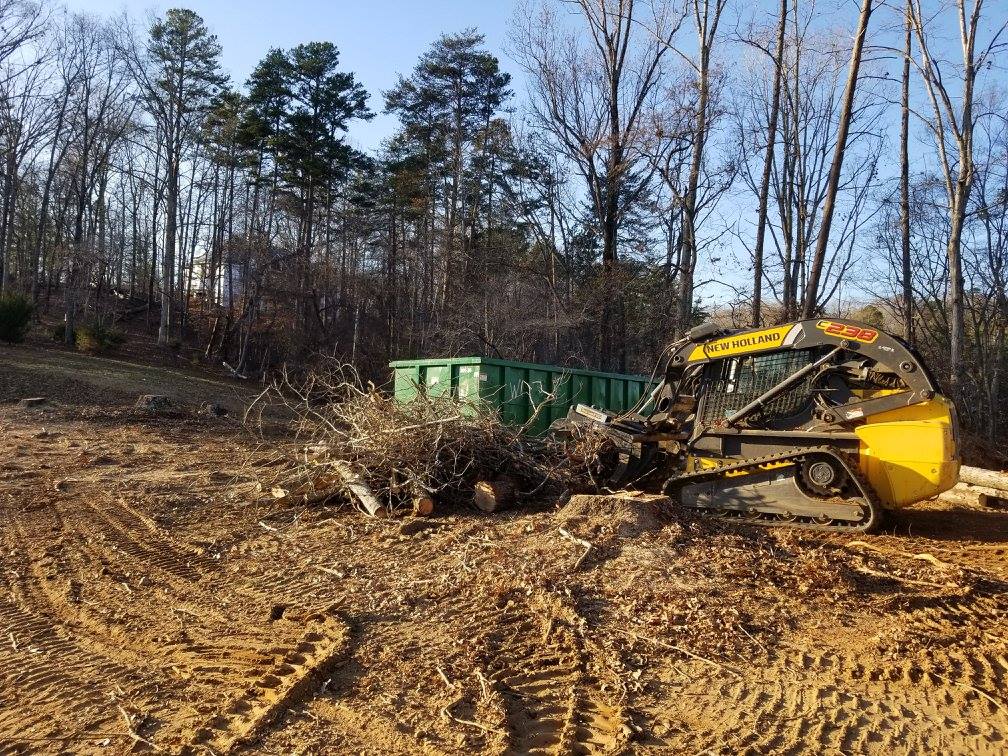
Groundbreaking Trends: The Future of Excavation Technology Sep 18, 2025
The journey begins with technological innovations that streamline excavation processes. The integration of AI and machine learning into excavation equipment is one such advancement that is transforming the industry. AI-driven machinery can analyze site data in real-time, suggesting optimal excavation strategies and improving decision-making processes. This not only enhances efficiency but also minimizes errors and reduces operational costs.
Automation is another key trend shaping the future of excavation. Autonomous construction vehicles are becoming more common on job sites. These vehicles use advanced sensors and GPS technology to perform complex tasks with minimal human intervention. The results are consistent outputs, improved safety, and enhanced productivity as human operators are freed up to focus on more strategic aspects of construction projects.
Moreover, the use of 3D modeling and simulation is revolutionizing planning and execution in excavation. This technology allows project managers to visualize site conditions before breaking ground. By simulating different excavation scenarios, companies like HC Construction & Grading can anticipate challenges and devise strategies to mitigate them. This proactive approach results in more efficient project timelines and budget management.
The environmental impact of excavation is another critical consideration for the industry. As regulatory standards tighten, there is a growing emphasis on sustainable practices. Technological advancements have led to the development of eco-friendly machinery and techniques that minimize environmental disruption. For instance, electric and hybrid excavators are reducing carbon footprints, while soil stabilization methods are preserving local ecosystems.
Additionally, the incorporation of Internet of Things (IoT) technology is providing real-time data on equipment health and job site conditions. This connectivity allows for predictive maintenance, reducing downtime and extending the lifespan of equipment. IoT applications also enable remote monitoring, which is particularly beneficial for sites in remote or hazardous locations.
As we look to the future, it is clear that digital transformation will continue to be a driving force in the excavation industry. Companies that leverage these groundbreaking trends will not only improve their operational efficiency but also enhance their capability to deliver exceptional service. For HC Construction & Grading, embracing these innovations means offering customers cutting-edge solutions that are both efficient and environmentally responsible.
In conclusion, the future of excavation technology holds exciting possibilities. By harnessing the power of AI, automation, 3D modeling, and IoT, excavation companies can achieve new levels of performance and sustainability. As the industry progresses, those who adapt to these trends will lead the way in redefining excavation services. For customers of HC Construction & Grading, this means benefiting from the most advanced techniques in the field, ensuring projects are completed to the highest standard with minimal environmental impact. The path to a smarter excavation industry is clear, and the time to embark on this journey is now.
/filters:no_upscale()/media/d41f081d-fea3-438b-9b23-2ea7a1d34ff7.jpg)
/filters:no_upscale()/filters:format(webp)/media/266941d4-5afa-4e94-8588-6f6d4d244ee7.jpg)